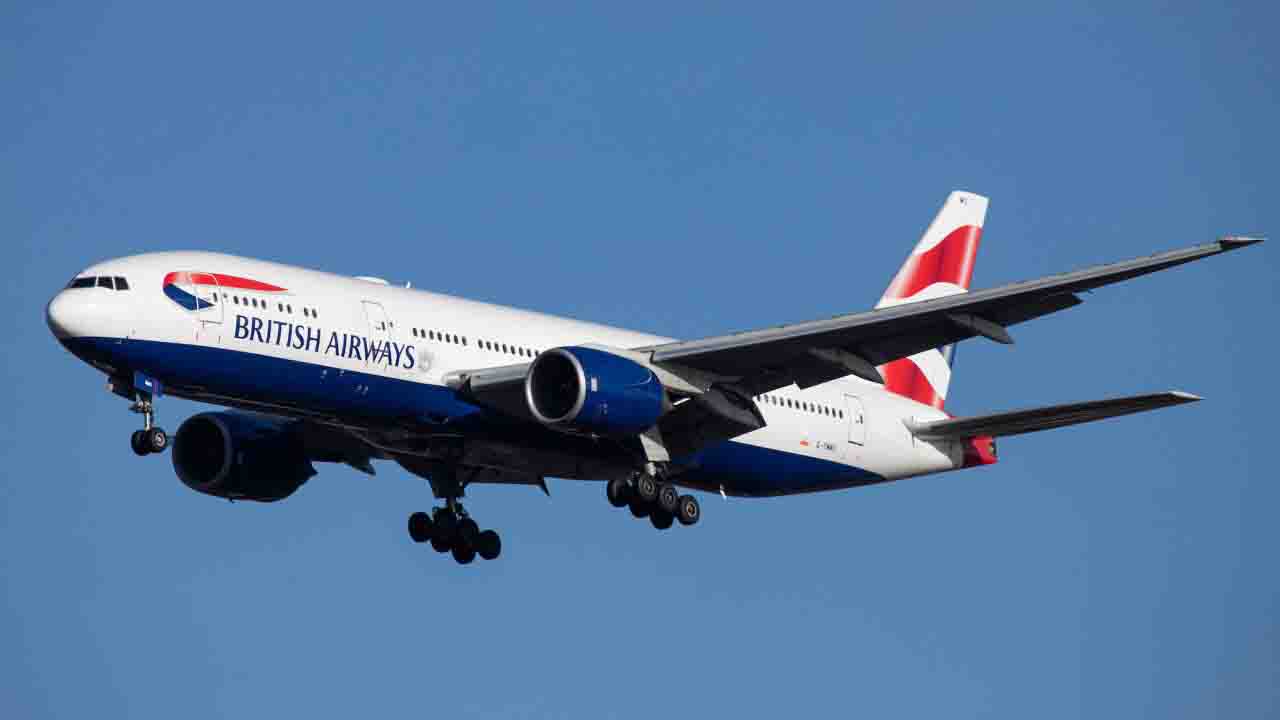Aviation and Airlines (Commonwealth Union) _ Emergency services were summoned to a British Airways flight arriving at London Heathrow Airport from Barcelona as multiple passengers fell ill. The Airbus A320, registered as G-TTOB, reportedly had crew members experiencing sickness upon landing due to detected fumes in the cockpit. Pictures shared by a passenger depicted emergency crews attending to the aircraft, raising concerns about the safety of the flight. The London Ambulance Service dispatched a team, including medics and paramedics, treating three patients at the scene. British Airways assured that the landing was routine, passengers disembarked safely, and apologized for any inconvenience caused.
This incident is linked to potential cabin air contamination, emphasizing the safety implications for flight operations and passenger well-being. The European Cockpit Association identifies symptoms such as dizziness, nausea, numbness, and impaired vision associated with smoke/fume events. Despite the severity, the flight crew did not declare an emergency during the incident. The aircraft involved, an Airbus A320 with the registration G-TTOB, was delivered to GB Airways in 2002, later operated by easyJet, and eventually by British Airways from February 2009.
The incident echoes a similar event in June 2023, where a British Airways flight from New York to London had to return to its origin due to reports of fumes inside the cockpit. The recurrence of such incidents raises questions about the adequacy of safety measures and protocols concerning cabin air quality. The European Cockpit Association recommends using the Smoke/Fumes checklist in response to such events, underlining the need for proactive measures to ensure the safety of both flight crews and passengers.
These occurrences highlight the broader challenge of maintaining a safe and healthy environment within aircraft cabins. With ongoing concerns about cabin air quality, it becomes imperative for airlines and aviation authorities to address these issues comprehensively. As these incidents can pose threats to both flight safety and the well-being of those on board, a thorough examination of protocols, training, and aircraft maintenance procedures is essential to prevent and effectively respond to such situations in the future.








